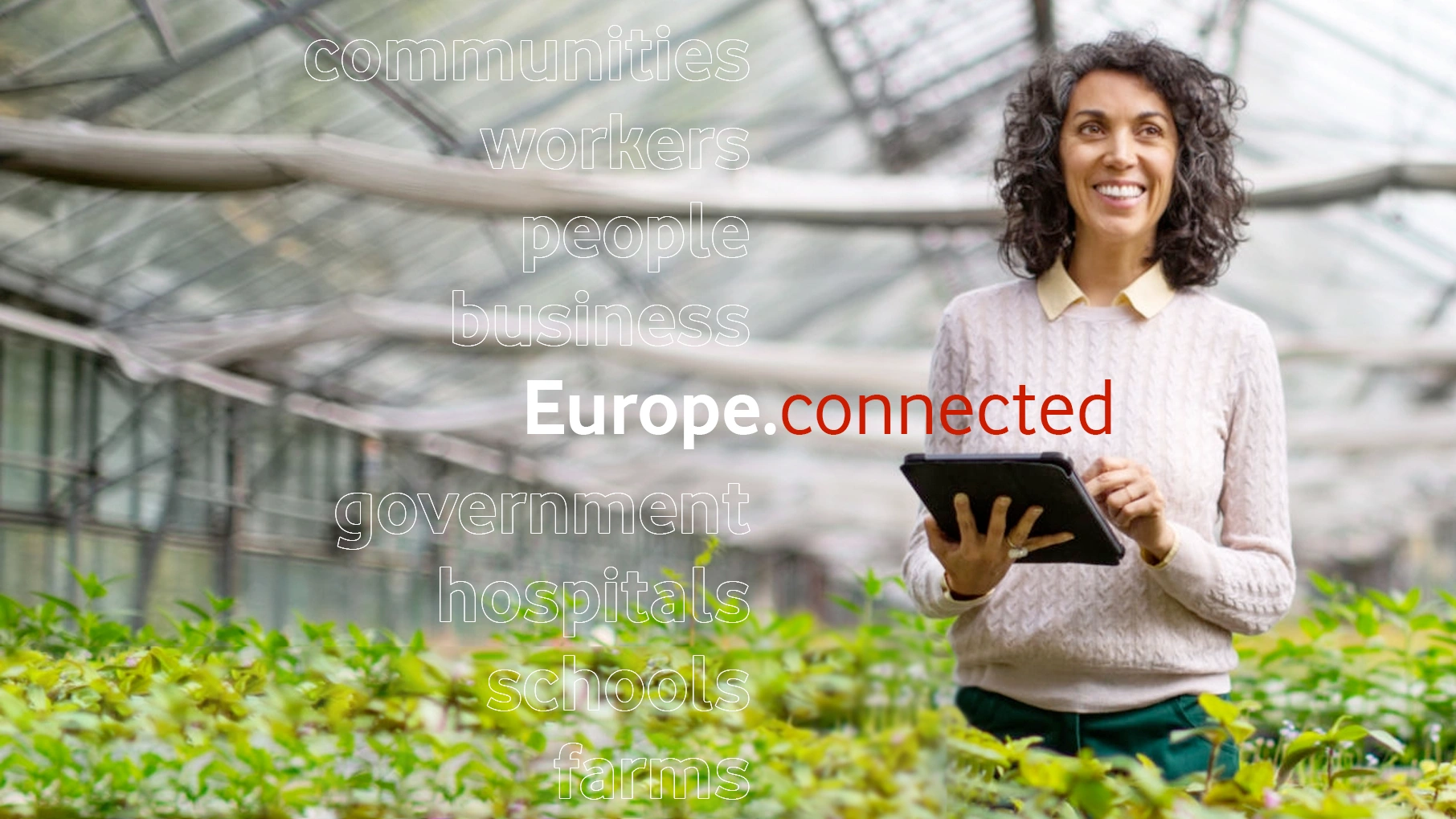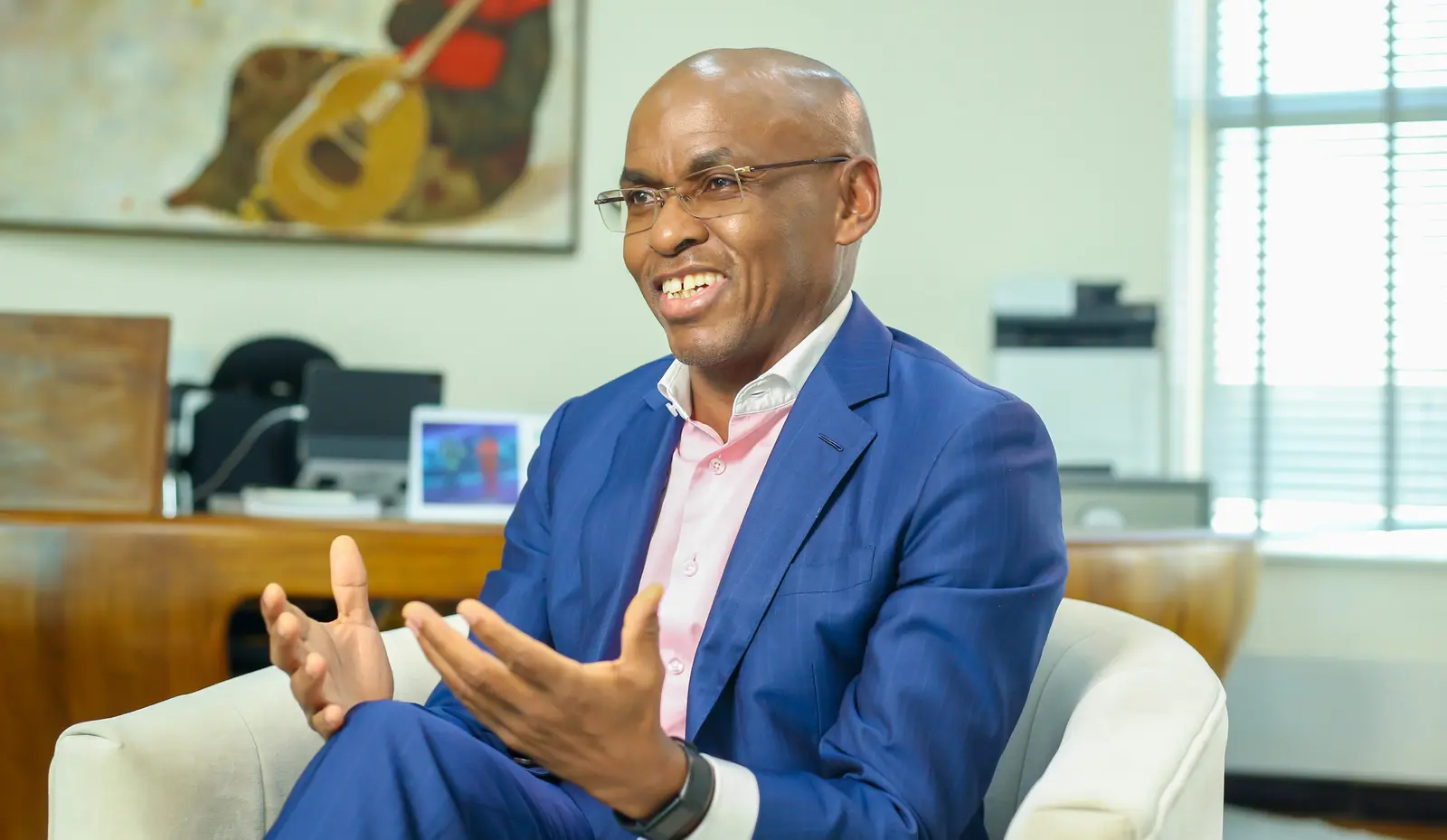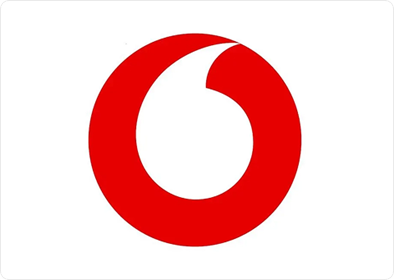By Amanda Nelson, CEO Vodafone Hungary
The last seven months have proved challenging for everyone, but the resilience of people, businesses, governments and society as a whole is something of which, I think, we should be proud. Here in Hungary, I am humbled by how our employees responded to ensure that not only vital digital services kept the country connected, but also how we adapted to rapidly changing circumstances. We improved and expanded existing products and tools to make sure our customers were able to continue their lives as normally as possible, even if remotely.
Delivering connected healthcare in Hungary
One example is our Vodafone Foundation LifeSaver application. This app, which was first introduced by Vodafone Czech Republic, makes it easy for people to call for help when they need it, and at the beginning of the health crisis we added a special ‘Coronavirus button’. The free app is also able to provide members of the public with the latest news on the pandemic, directly from the Hungarian Government’s official Coronavirus information site.
LifeSaver now delivers push notifications, keeping users up-to-date with important developments, even when they’re not using it directly – and the National Ambulance Service has recommended that everyone should use this feature so they can send alerts and messages to all users. It also shows nearby pharmacies, hospitals, on-duty doctors and defibrillators, as well as first aid guides – and allows users to store vital health data.
It has been downloaded by app. 500.000 users since January, and delivered actual medical care to app. 2500 people. It was also recently named Hungary’s ‘Digitalisation project of the year’ by the Association of the Digital Economy.
Building our digital recovery
This app is obviously just one small part of an overall increase in digital health services, and there is scope to deliver even more public services digitally in the coming months and years. That why we have rolled out additional initiatives, such as ‘Digital Angels’ who help hospitalised children using VR technology, as well as adding new features to the LifeSaver app to further support the work of the National Ambulance Services.
However, this is not something we can do on our own. If we are to create a more resilient, digital, greener society we need to capitalise on this digital momentum.
This is something that will require strong, cross-sector partnerships. Industry needs to work with governments to ensure investment is targeted in the right areas and to make sure there is a concerted effort to remove the digital inequalities that the Covid crisis has sadly laid bare and even deepened.
As a company, Vodafone is committed to helping create a connected, digital society, where technology and innovation help make our lives easier, healthier, smarter and more fulfilling. We will partner with government and industry to build a resilient society where digital can enable service provision, underpinned by robust infrastructure, so that innovation can thrive. As the Covid situation continues to evolve, we will continue to play our part in making sure everyday life continues as normally as possible.
We will continue to expand and future-proof our network infrastructure through 5G deployment and next-generation fixed line technologies. We will further support the Government in integrating eHealth and eEducation solutions into the “new normal” public service frameworks. We are fully committed to ensure the most vulnerable get the digital access and relevant propositions they need, as well as support in digital literacy. We are continuously supporting our enterprise partners with our solutions and expertise, promoting the widespread adoption of digital technologies for all businesses, with a particular emphasis on SMEs. And last but not least we are support the Government's efforts in restarting economic growth and building a better, more resilient future through targeted deployment of digital technology.
Europe.connected
The recovery funds that nations can apply for at both national and EU levels are a once-in-a-generation opportunity to drive the required digitalisation. However, we are all conscious that we are still living through a period of great uncertainty, and we need political and corporate leaders to work together to deliver this vision for a greener, more digital, more resilient world. If done well, we will be able to refocus our economies, ensuring that we are creating the long-term, sustainable jobs that will make our societies more equitable. To deliver this ‘future-ready’ society, it is vitally important to ensure that a clear digital focus/prioritisation is applied when it comes to the distribution of these funds.
In Hungary, we are focusing on accelerating the take up of 4G services, the rollout of 5G and promoting green Gigabit networks. This is in line with the initiatives of the Hungarian Government as well as the European Commission’s recommendations.
90 for 27
The task facing all of us is considerable – but achievable. But there is a real risk that we simply use the recovery funds as a bail-out, rather than delivering a truly green, digital future. This is why Vodafone is calling for all 27 European member states to commit to reaching a score of 90/100 on the Digital Economy and Society Index (DESI). The DESI already evaluates each country’s digital transformation, and this would ensure that the digital aspects of the recovery funds were channelled into projects and investments that would clearly lead to improved, inclusive digital behaviours.
This is a bold ambition. However, we’re hopeful as we see that the new National Digitalisation Strategy for Hungary, currently being finalised by the Government, has such a strong focus on the recent DESI results and that it has set out ambitious, long term goals to develop the country’s digital readiness in every key aspect. High-level analysis shows that achieving a score of 90 on the DESI could increase Hungarian GDP per capita by €8,500.
At Vodafone, we’re ready to play our part in driving Hungary’s digitalisation agenda – for example, if services such as LifeSaver were rolled out more widely, it would help boost our digital public services score from 57.8. We strongly believe that, by working with our own government and other Hungarian institutions, as well as sharing best practice across Europe, we will be able to transform our digital future and help create a Europe.connected.

























